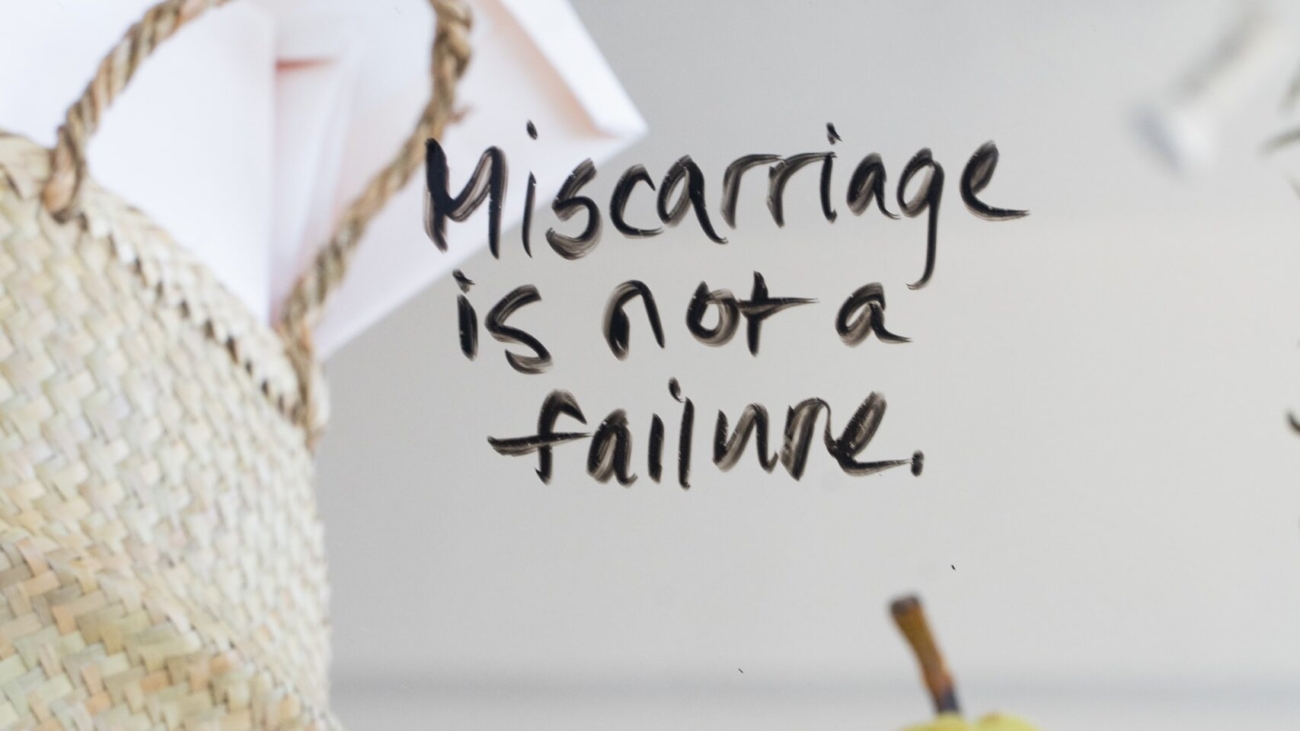Suffering a miscarriage is one of the most devastating things a person can experience. It can be extremely difficult to cope with the emotions and stress associated with this, and it can be hard to know how to move forward. In this article, I will discuss various ways to manage stress after miscarriage and help you find your way back to normalcy.
Introduction
If you’ve experienced a miscarriage, you’re not alone. According to the American College of Obstetricians and Gynecologists, anywhere from 10 to 25 percent of known pregnancies end in miscarriage. Though it’s a common experience, that doesn’t make it any easier to deal with the physical and emotional aftermath. The grieving process after a miscarriage is different for everyone. You might feel shock, sadness, anger, or guilt. You might also feel relief if you were struggling with the decision to continue the pregnancy or not.
Whatever you’re feeling is valid and normal. It can be helpful to talk to someone who’s been through a similar experience or seek professional counseling if you’re finding it hard to cope. There are also many online support groups available if you prefer to communicate with others anonymously. The important thing is to give yourself time to grieve and heal. After miscarrying, most women go on to have healthy pregnancies and births. So although it might feel like your world has ended right now, know that there is hope for the future.
Discussing Miscarriage Stress
No one understands the pain and suffering of losing a child like another woman who has been through it. If you have recently suffered a miscarriage, you are likely feeling overwhelmed with grief, sadness, anxiety, and stress. It is normal to feel these intense emotions after such a devastating loss. However, it is important to find ways to cope with the stress in order to begin the healing process. There are many ways to cope with stress after a miscarriage. Some women find comfort in talking to other women who have experienced similar losses.
Others find support groups helpful. Many women also find writing about their experiences or journaling helpful in dealing with their emotions. Counseling can also be beneficial for some women. It is important to allow yourself time to grieve after a miscarriage. There is no right or wrong way to grieve. Some women need more time than others. Grieving is a process that takes time, so be patient with yourself as you go through it. Remember that it is okay to cry, to be angry, and to feel all of the emotions that come with losing a child.
Ways to cope with stress after miscarriage such as counseling and therapy
There is no one “right” way to cope with the stress of miscarrying. Some women find that talking to friends or family members helps, while others prefer to keep their experiences private. Some women find comfort in their religious or spiritual beliefs, while others find more solace in nature or in writing about their experiences.
There are also many helpful resources available, such as counseling and therapy. Counseling can provide an outlet for grief and allow you to process your emotions in a safe and supportive environment. Therapy can also be very helpful in managing stress and anxiety after a miscarriage. If you are struggling to cope with the stress of miscarrying, please reach out for help. You are not alone.
Tips for Supporting Yourself During Recovery
Although you may feel alone after a miscarriage, it is important to remember that you are not. According to the American College of Obstetricians and Gynecologists, 10-20% of all known pregnancies end in miscarriage. If you have experienced a loss, know that you are not alone in your grief.
Here are some tips for how to cope with stress and move forward:
• Talk about your feelings: It can be difficult to talk about your feelings after a miscarriage, but it is important to do so. Find someone who you trust—a friend, family member, therapist, or clergy member—and talk about what you’re going through.
• Seek professional help if needed: If you find that you are struggling to cope with your emotions after a miscarriage, seek professional help. A therapist can provide support and guidance as you work through your grief.
• Take care of yourself: Be sure to take care of yourself both physically and emotionally during this time. Eat healthy foods, exercise, get enough sleep, and avoid alcohol and drugs.
• Join a support group: There are many groups available both in person and online that offer support for those who have experienced a miscarriage. Talking with others who have been through the same thing can be helpful.
• Give yourself time: Healing takes time. Allow yourself the time you need to grieve and heal after your loss.
Advice on Talking about your Experience
It can be difficult to know how to talk about your experience with miscarrying. You may feel like you need to keep it to yourself, or like you’re the only one who’s ever gone through it. But talking about what happened can be really helpful. Here are some tips on how to talk about your experience with miscarrying: -Talk to someone who you trust and who will listen without judging you. This could be a friend, family member, therapist, or anyone else who you feel comfortable talking to.
-Don’t be afraid to share as much or as little as you want. You don’t have to go into detail if you’re not ready, but just sharing that you miscarried can be a huge relief.
-Find a support group for people who have experienced miscarriage. This can be an amazing way to connect with others who understand what you’re going through.
-Talk about your feelings. It’s okay to be sad, angry, scared, or any other emotion that you’re feeling. Letting it out can help you start to heal.
Finding Support Networks and Resources
The experience of miscarriage can be emotionally devastating. It is important to find a support system to help you cope with this difficult time. Here are some ways to find support:
1. Talk to your partner or other close family and friends. They can offer much-needed emotional support during this difficult time.
2. There are also many online support groups for women who have experienced miscarrriage. These groups can provide valuable information and support from others who have been through the same thing.
3. Your healthcare provider can also be a great resource for information and support. They can help connect you with local resources and support groups, if needed.
4. Finally, self-care is essential during this time. Make sure to take care of yourself physically and emotionally. Seek professional help if you feel like you’re struggling to cope.
Conclusion
Coping with the stress of miscarriage can be a long, difficult journey. It’s important to take steps to manage your emotions and diffuse the negative thoughts that can make things feel even worse. With support from family, counseling sessions, and taking part in activities you enjoy doing—you can cope with this life-altering event and begin to move forward in the healing process. No two paths will look alike but remember that there is hope after tragedy.

